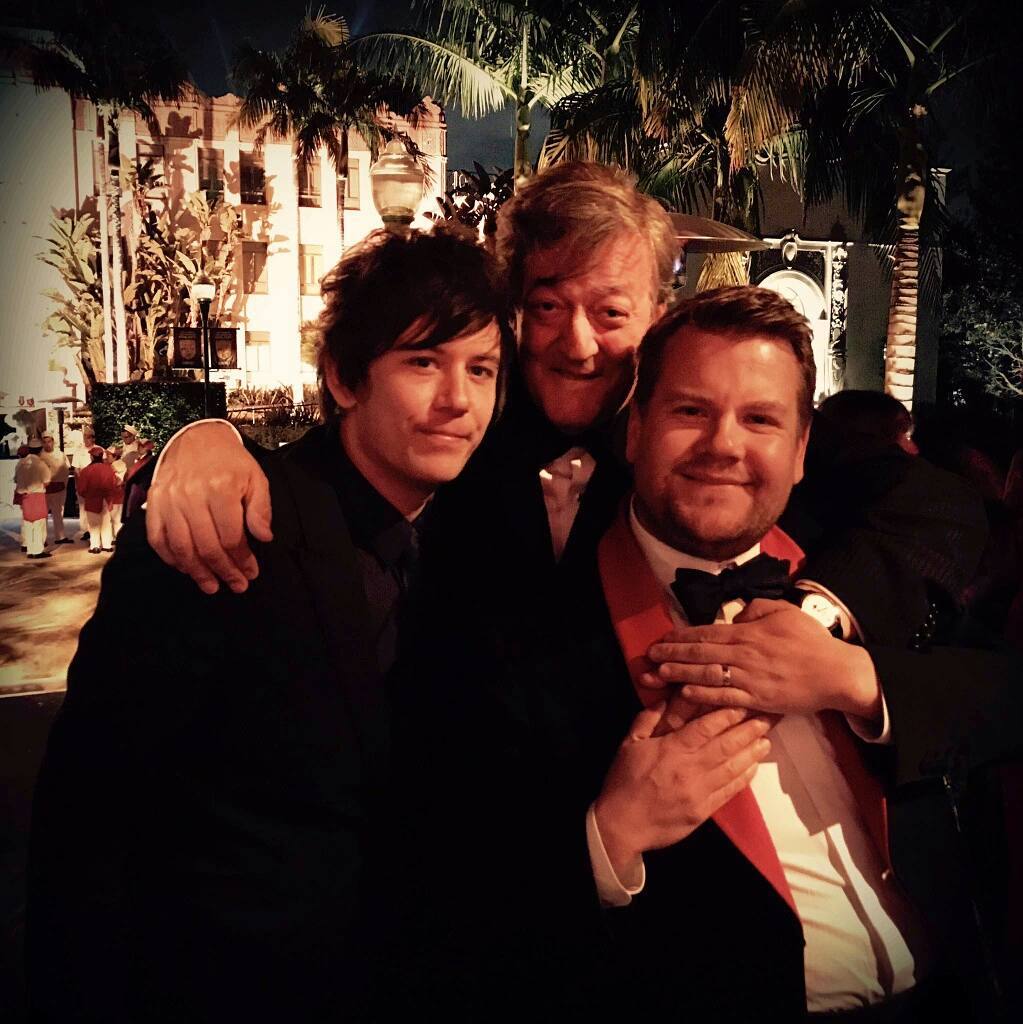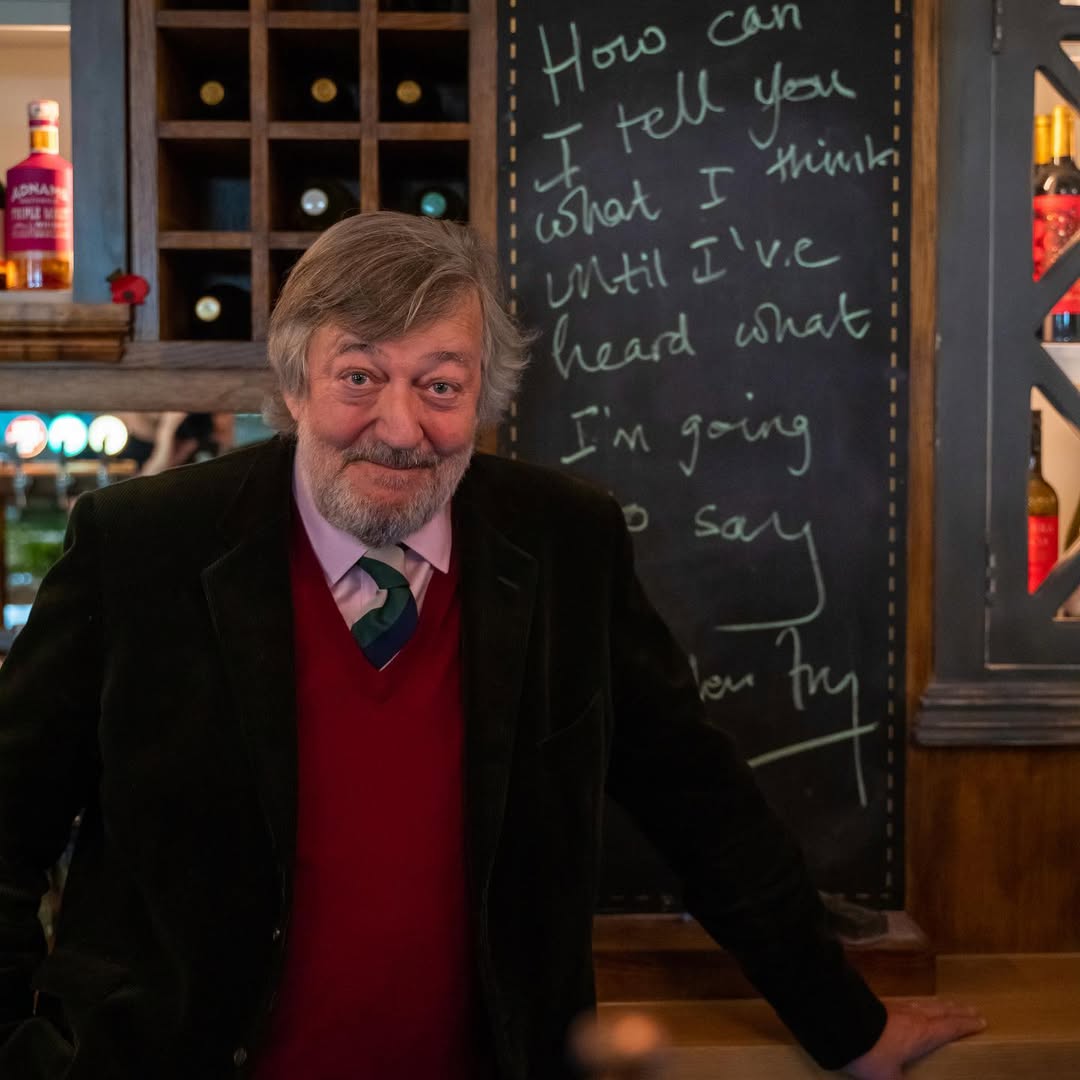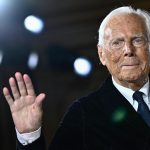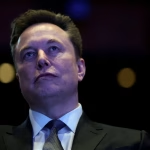Sir Stephen Fry's Celebrity Traitors Exit Reveals the Hidden Economics Behind TV's Biggest Names
Sir Stephen Fry’s Exit From The Celebrity Traitors: Strategy Behind the Shock
Sir Stephen Fry’s surprise banishment from the BBC’s hit series The Celebrity Traitors made headlines — but the real story runs deeper. The newly knighted 68-year-old joined the show not for fame or fortune, but as a calculated move in today’s reality-driven entertainment market. Filmed at Scotland’s Ardross Castle, the series gave Fry’s brand renewed visibility across younger audiences and streaming platforms.
As media lawyer Caroline Kean notes, “In modern broadcasting, personality rights and creative control are often worth more than the appearance fee itself.” For Fry, that makes this short-lived stint less an elimination, and more a masterclass in brand evolution.
The Contract Game: What Celebrity Appearances Really Cost
All contestants were paid an appearance fee of £40,000 according to, British Brief, to participate in the series. For someone of Fry's stature, that's pocket change. But the real value lies elsewhere—in exposure, charitable positioning, and maintaining cultural relevance across demographic groups.
According to analysis reviewed by CEO Today, celebrity reality television contracts have become increasingly complex legal instruments. Beyond appearance fees, they typically include clauses covering image rights, social media obligations, and post-appearance restrictions. For established names like Fry, negotiating these terms becomes an exercise in protecting decades of carefully constructed personal branding.
The BBC's celebrity casting strategy for The Traitors demonstrates how broadcasters now deploy A-list talent to compete with streaming platforms. Fry received his knighthood from King Charles III at Windsor Castle for his services to charity, mental health awareness, and the environment Finance Monthly—credentials that add institutional gravitas to any programme he touches.
The Intellectual Property Paradox
What most viewers don't realize is that reality television creates complex intellectual property considerations for participants. Every conversation, every strategic decision, every memorable moment becomes BBC-owned content that can be repackaged, syndicated, and monetized across multiple platforms indefinitely.
For someone like Fry—whose wealth reflects both his creative range and business acumen, bolstered by smart investments and enduring royalties from shows like QI and A Bit of Fry & Laurie appearing on reality television requires careful legal navigation. His existing portfolio of intellectual property, from Harry Potter audiobook narrations to published autobiographies, must be protected from potential conflicts or unauthorized associations.
Entertainment lawyers confirm that high-profile celebrities now routinely negotiate "brand protection clauses" that limit how their likeness can be used in promotional materials and prevent the broadcaster from creating misleading narratives through selective editing. For Fry, whose public image is built on erudition and authenticity, such protections are non-negotiable.

Stephen Fry with his husband, Elliot Spencer and friend, James Cordon
The Knighthood Factor: When Honours Meet Hard Business
After receiving his title from the King, Sir Stephen shared what was said at the ceremony: "It was a warm and wonderful conversation. The King was very kind to me; he suggested I deserved this honour which is a rather wonderful thing to hear"
Receiving a knighthood fundamentally changes a celebrity's market position. Royal honours carry institutional weight that translates directly into premium speaking fees, enhanced book advances, and more favourable production deals. Industry insiders suggest that knighted talent can command fees 20-30% higher than their pre-honours rates.
But there's a flip side. Knighted celebrities must navigate stricter reputational considerations. Every public appearance becomes weighted with the dignity of the honour. Fry's willingness to participate in a competitive reality show—where contestants deceive, manipulate, and ultimately eliminate each other—demonstrates confidence that his established brand can withstand the format's inherent chaos.
The Real Game: Charitable Brand Building
The Celebrity Traitors' charitable framework—where the £100,000 prize goes to contestants' chosen causes—provides legal and reputational cover for A-list participation. Fry has donated millions to mental health and LGBTQ+ charities, notably serving as President of Mind since 2011 Digital Spy.
From a business perspective, appearing on charitable reality programming creates multiple revenue streams beyond the appearance fee. It generates content for social media platforms, provides B-roll footage for future documentaries, and maintains the celebrity's visibility among younger demographics who might not watch traditional panel shows or documentaries.
Tax considerations also play a role. Charitable appearances can be structured to provide legitimate business expenses and donation opportunities that benefit both the celebrity's chosen causes and their overall financial planning.
The Exit Strategy: Losing with Dignity
Appearing on Celebrity Traitors Uncloaked after his exit, the broadcaster confessed: "I've lost all faith in whatever judgment I thought I had" Stephen Fry. This self-deprecating response exemplifies sophisticated media management—acknowledging fallibility while maintaining likeability.
He told the BBC: "It's a word that's overused as people give them as Christmas presents, but it really was an experience. A remarkable experience" ITV News Anglia. Even in elimination, Fry extracts value by framing the experience positively, maintaining relationships with the broadcaster for future projects.
The Diversification Imperative
Fry's career demonstrates the necessity of portfolio diversification in the modern entertainment economy. His income draws from multiple sources—acting, hosting, writing, endorsements, and technology investments. Reality television now represents another asset class in this diversified approach.
Stephen Fry's speaking fees are estimated between $50,000-$100,000 per event, demonstrating how celebrity brand equity translates into tangible revenue across multiple channels. Every television appearance, even an elimination from a reality show, feeds into this broader ecosystem.
His personal collection of rare books and early Apple technology, reportedly worth over $500,000, illustrates another dimension of celebrity wealth management—alternative assets that appreciate independently of entertainment industry cycles.
The Broader Market Signal
Fry's participation in The Celebrity Traitors sends a market signal about the evolving entertainment landscape. When someone of his calibre—with theatrical credentials, literary achievements, and now a knighthood—embraces reality television, it validates the format as legitimate territory for serious talent.
This matters for broadcasters negotiating with other A-list celebrities. If Sir Stephen Fry can appear without diminishing his brand, others can too. The precedent strengthens the BBC's negotiating position for future celebrity casting while simultaneously empowering talent agents to demand higher fees and better contractual protections.
Looking Forward: The Long Game
Asked if he had any personal highlights from the show, Stephen explained: "It's the individual relationships really. Wonderful conversations with David Olusoga, with Clare Balding, both of whom I knew anyway". This networking dimension represents another underappreciated aspect of celebrity reality television—creating and strengthening professional relationships that can yield future collaborative opportunities.
For Fry, at 68 years old with a secure financial position and recently awarded knighthood, The Celebrity Traitors wasn't about winning. It was about strategic brand maintenance, charitable positioning, and demonstrating continued cultural relevance. His elimination on October 23rd simply marked the end of one business transaction in a carefully constructed portfolio of professional engagements.
In today's fractured media environment, where traditional broadcasting competes with streaming platforms and social media for audience attention, even Britain's most distinguished cultural figures must play new games. Sir Stephen Fry's Celebrity Traitors journey demonstrates that when substantial business interests are at stake, there's no such thing as just a game.
FAQ: Sir Stephen Fry’s Appearance on The Celebrity Traitors & His Knighthood
-
When was Sir Stephen Fry knighted and why?
Sir Stephen Fry received a knighthood from King Charles III at Windsor Castle on 25 March 2025, in recognition of his services to mental-health awareness, charity and the environment. -
What is known about his net worth as of 2025?
Reliable sources confirm Fry’s knighthood and charity work, while his personal fortune is estimated to be in the region of $30 million to $40 million. -
Why did he choose to join a reality show like The Celebrity Traitors?
While the full terms of his contract are private, media analysis suggests that high-profile celebrities participate in these formats not only for fee but for brand visibility, audience reach and alignment with streaming-era media strategies.














